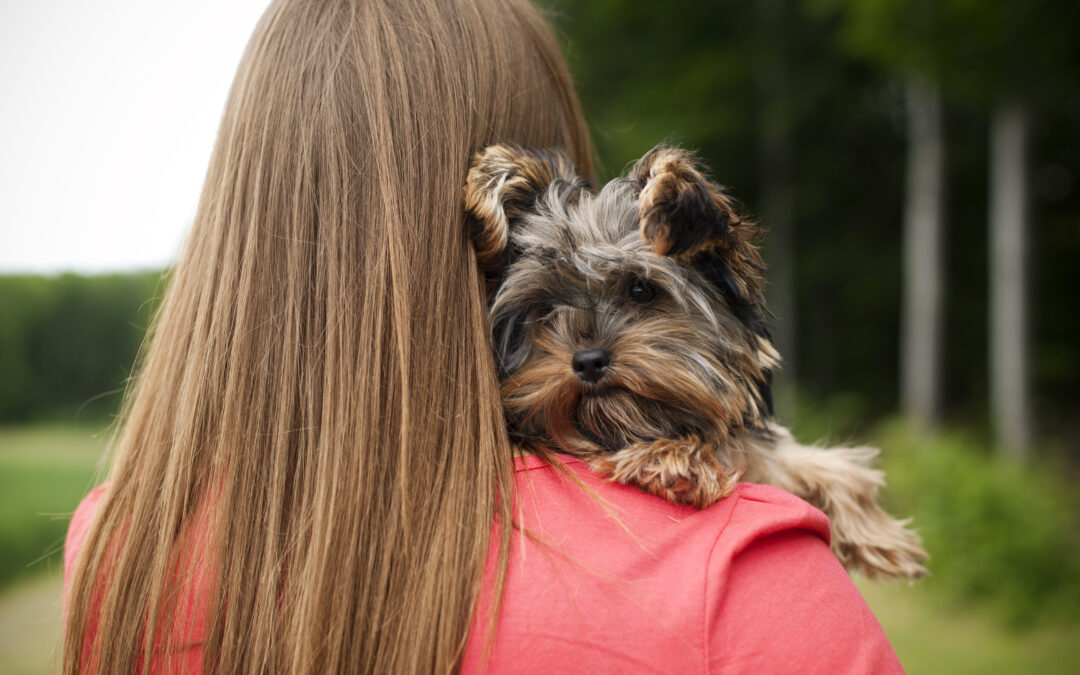Start Training Early For Your Westie
Training a Westie puppy is a crucial step in ensuring they grow up to be well-behaved and happy companions. Contrary to common misconceptions, the ideal time to start training a Westie puppy is as soon as you bring them home. Here’s why:

Early Socialization: From the moment they enter your home, Westie puppies are eager to learn and explore their surroundings. Starting training early allows them to become familiar with different people, animals, and environments, helping to prevent behavioral issues such as aggression and fearfulness later on.
Establishing Boundaries: Training from an early age helps establish clear boundaries and expectations for your puppy. This lays the foundation for desirable behaviors and prevents the development of bad habits like excessive barking, digging, or chewing.
Building Trust and Bonding: Training sessions provide valuable opportunities for bonding between you and your Westie puppy. Positive reinforcement techniques, such as praise and treats, help build trust and strengthen the bond between you, fostering a positive relationship based on mutual respect and understanding.
Developing Good Habits: Early training sets the stage for lifelong learning and good behavior. By teaching basic commands like sit, stay, and come, you empower your Westie puppy to navigate the world confidently and respond appropriately to various situations.
Preventing Future Issues: Delaying training can lead to behavioral problems down the line, such as stubbornness, aggression, or anxiety. Starting early allows you to address potential issues proactively, setting your Westie puppy up for success in the long run.
By beginning early and using positive reinforcement techniques, you can help shape your puppy into a well-mannered, confident, and happy companion for years to come.
Behavior Problems Due to Delayed Training
Behavioral issues can arise in Westie puppies if training is delayed or neglected. This spirited breed, while charming, can exhibit stubborn tendencies if not properly guided from the start. Here are some potential problems that may arise from delayed training:
- Excessive Barking: Westies are naturally alert dogs, and without early training, they may develop a habit of barking excessively at minor stimuli, such as noises or movements.
- Aggression or Territorial Behavior: Due to their strong territorial instinct, Westies require early socialization to prevent aggression towards strangers or other animals.
- Digging: Westies have a natural inclination to dig, and without proper guidance, this behavior may lead to damage in your garden or yard.
- Stubbornness: Westies are known for their independent nature, and if not taught early on to respect authority, they may challenge your leadership, leading to difficulties in training sessions.
To address these issues, it’s essential to start training your Westie puppy as early as possible. Consistent and positive reinforcement-based training methods will help establish boundaries and encourage desirable behaviors. Additionally, early socialization with people and other animals can help prevent aggression and promote good manners. With patience, consistency, and proper training, you can help your Westie puppy grow into a well-behaved and happy companion.










0 Comments